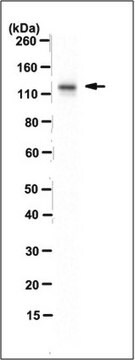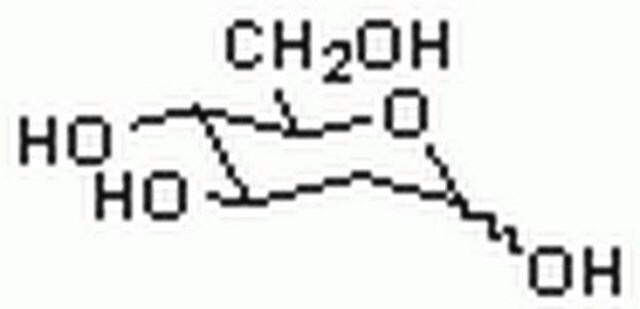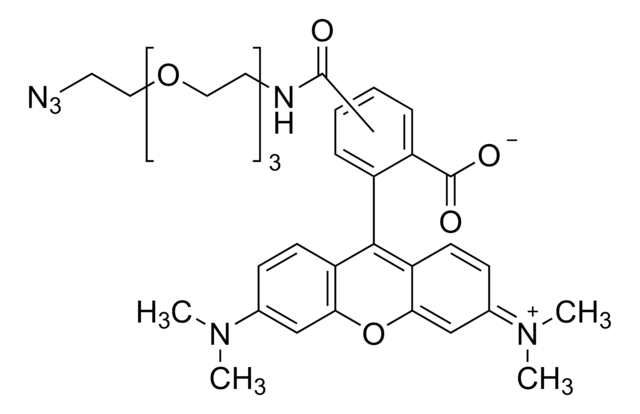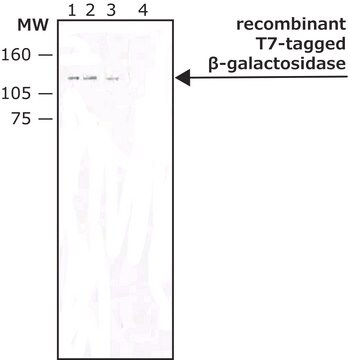おすすめの製品
由来生物
human
品質水準
リコンビナント
expressed in Chem-2 cells
メーカー/製品名
ChemiScreen
Chemicon®
テクニック
ligand binding assay: suitable (GTPγS)
radioligand binding assay (RLBA): suitable
NCBIアクセッション番号
UniProtアクセッション番号
輸送温度
dry ice
詳細
Full-length human HRH2 cDNA encoding H2
The histamine H2 receptor is a widely distributed G-protein coupled receptor, which is important in regulating a host of physiologic actions extending from gastric acid secretion to gastrointestinal motility (Del Valle and Gantz, 1997). Histamine mediated activation of its receptor leads to signaling through both adenylate cyclase and phosphoinositide /protein kinase C second messenger systems (Hill, 1990). Antagonists for this receptor have proven to be effective therapy for acid peptic disorders of the GI tract. Certain antagonists are used in the treatment of neuropsychiatric and neurological diseases e.g. schizophrenia, Alzheimer′s disease and Parkinson′s disease. Chemicon′s H2 membrane preparations are crude membrane preparations made from our proprietary stable recombinant cell lines to ensure high-level of GPCR surface expression; thus, they are ideal HTS tools for screening of agonists and antagonists at H2. The membrane preparations exhibit a Kd of 0.8 nM for [125I]-Iodoaminopotentidine. With 0.65 nM [125I]-Iodoaminopotentidine, 10 µg/well H2 Membrane Prep typically yields greater than 7-fold signal-to-background ratio.
アプリケーション
Human H2 GPCR membrane preparation for Radioligand binding Assays & GTPγS binding.
生物化学的/生理学的作用
Protein Target: H2
品質
Table 1. Signal:background and specific binding values obtained in a competition binding assay with H2 membrane prep and unlabeled tiotidine.
SPECIFICATIONS: 1 unit = 10 µg
Bmax for [125I] Iodoaminopotentidine binding: 0.46 pmol/mg protein
Kd for [125I] Iodoaminopotentidine binding: ~0.8 nM
| 10 µg/well | |
|---|---|
| Signal:Background | 11.68 |
| Specific Binding (cpm) | 4152 |
SPECIFICATIONS: 1 unit = 10 µg
Bmax for [125I] Iodoaminopotentidine binding: 0.46 pmol/mg protein
Kd for [125I] Iodoaminopotentidine binding: ~0.8 nM
規格
Inucbation Conditions
Membranes are mixed with radioactive ligand and unlabeled competitor (see Figures 1 and 2 for concentrations tested) in binding buffer in a nonbinding 96-well plate, and incubated for 1-2 h. Prior to filtration, an FC 96-well harvest plate (Millipore cat. # MAHF C1H) is coated with 0.33% polyethyleneimine for 30 min, then washed with 50mM HEPES, pH 7.4, 0.5% BSA. Binding reaction is transferred to the filter plate, and washed 3 times (1 mL per well per wash) with Wash Buffer. The plate is dried and counted.
Binding buffer: 50 mM Hepes, pH 7.4, 5 mM MgCl2, 1 mM CaCl2, 0.2% BSA, filtered and stored at 4°C
Radioligand: [125I] Iodoaminopotentidine (Amersham#: IM264)
Wash Buffer: 50 mM Hepes, pH 7.4, 500mM NaCl , 0.1% BSA, filtered and stored at 4°C.
Membranes are mixed with radioactive ligand and unlabeled competitor (see Figures 1 and 2 for concentrations tested) in binding buffer in a nonbinding 96-well plate, and incubated for 1-2 h. Prior to filtration, an FC 96-well harvest plate (Millipore cat. # MAHF C1H) is coated with 0.33% polyethyleneimine for 30 min, then washed with 50mM HEPES, pH 7.4, 0.5% BSA. Binding reaction is transferred to the filter plate, and washed 3 times (1 mL per well per wash) with Wash Buffer. The plate is dried and counted.
Binding buffer: 50 mM Hepes, pH 7.4, 5 mM MgCl2, 1 mM CaCl2, 0.2% BSA, filtered and stored at 4°C
Radioligand: [125I] Iodoaminopotentidine (Amersham#: IM264)
Wash Buffer: 50 mM Hepes, pH 7.4, 500mM NaCl , 0.1% BSA, filtered and stored at 4°C.
物理的形状
One package contains enough membranes for at least 200 assays (units), where a unit is the amount of membrane that will yield greater than 7-fold signal:background with 125I-labeled Iodoaminopotentidine at 0.65 nM
Liquid in packaging buffer: 50 mM Tris pH 7.4, 10% glycerol and 1% BSA with no preservatives.
Packaging method: Membranes protein were adjusted to 1 mg/mL in packaging buffer, and dispensed at 1 mL/vial. Vials were rapidly frozen, and stored at -80oC.
Liquid in packaging buffer: 50 mM Tris pH 7.4, 10% glycerol and 1% BSA with no preservatives.
Packaging method: Membranes protein were adjusted to 1 mg/mL in packaging buffer, and dispensed at 1 mL/vial. Vials were rapidly frozen, and stored at -80oC.
法的情報
CHEMICON is a registered trademark of Merck KGaA, Darmstadt, Germany
保管分類コード
12 - Non Combustible Liquids
WGK
WGK 2
引火点(°F)
Not applicable
引火点(℃)
Not applicable
適用法令
試験研究用途を考慮した関連法令を主に挙げております。化学物質以外については、一部の情報のみ提供しています。 製品を安全かつ合法的に使用することは、使用者の義務です。最新情報により修正される場合があります。WEBの反映には時間を要することがあるため、適宜SDSをご参照ください。
Jan Code
HTS086M:
試験成績書(COA)
製品のロット番号・バッチ番号を入力して、試験成績書(COA) を検索できます。ロット番号・バッチ番号は、製品ラベルに「Lot」または「Batch」に続いて記載されています。
J Del Valle et al.
The American journal of physiology, 273(5 Pt 1), G987-G996 (1997-12-31)
Histamine exerts multiple biological actions through one of three receptor subtypes (H1, H2, and H3). This review focuses on new developments regarding the structure and function of the H2 receptor. In addition to the important role this receptor plays in
S J Hill
Pharmacological reviews, 42(1), 45-83 (1990-03-01)
It is clear from the preceding overview of histamine receptor pharmacology that research into the pharmacology of histamine receptors is at an exciting stage of development. The rapid advance of molecular biology should soon see the structural identification and cloning
ライフサイエンス、有機合成、材料科学、クロマトグラフィー、分析など、あらゆる分野の研究に経験のあるメンバーがおります。.
製品に関するお問い合わせはこちら(テクニカルサービス)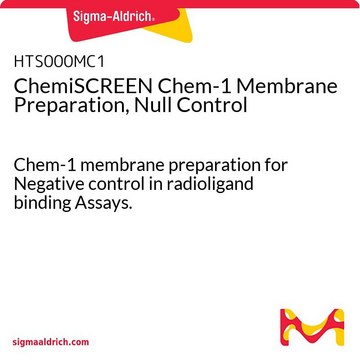


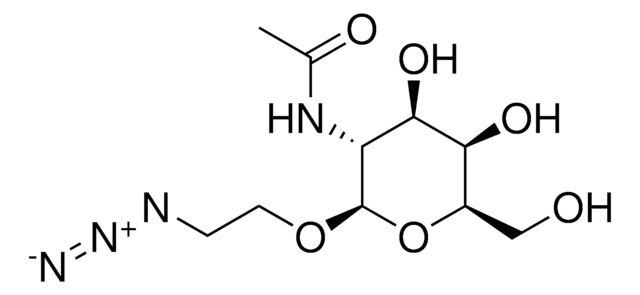
![トリス[(1-ベンジル-1H-1,2,3-トリアゾール-4-イル)メチル]アミン 97%](/deepweb/assets/sigmaaldrich/product/structures/179/695/86a721c8-2a4c-4e4f-bc36-6276ce7a941f/640/86a721c8-2a4c-4e4f-bc36-6276ce7a941f.png)
